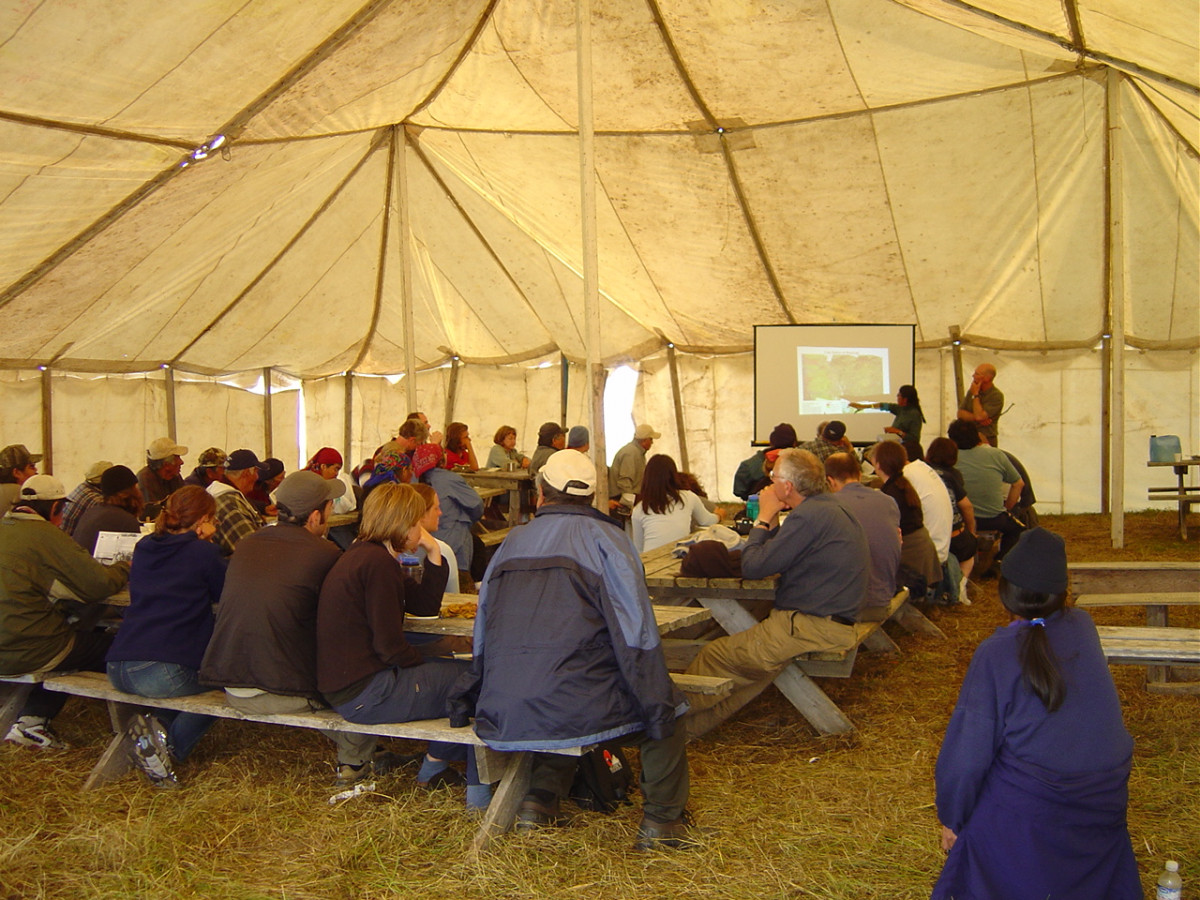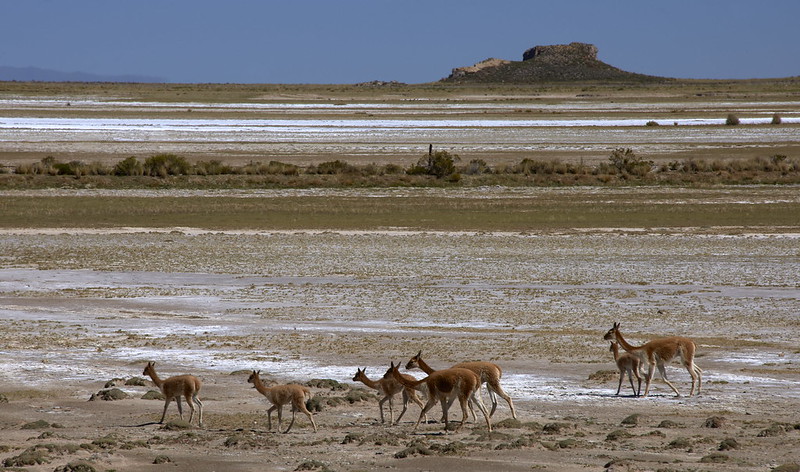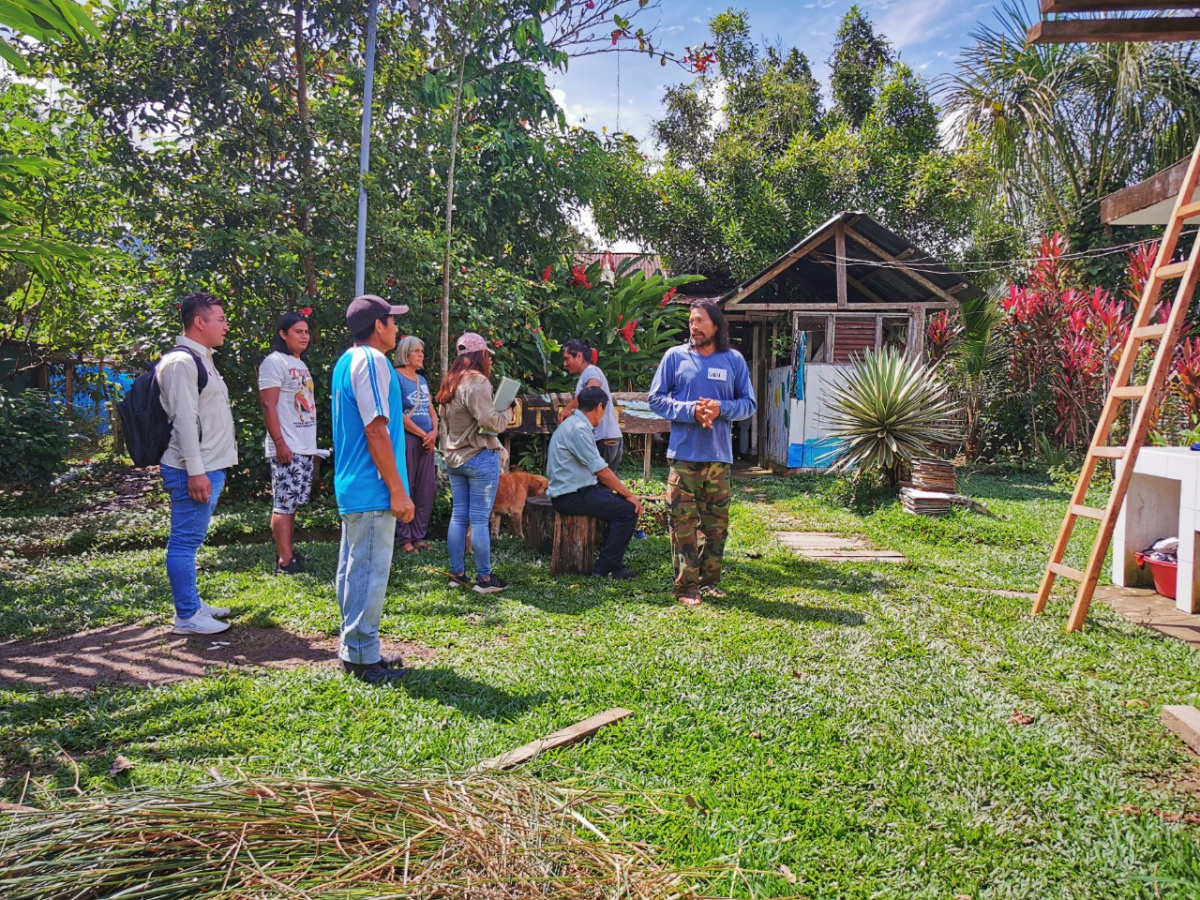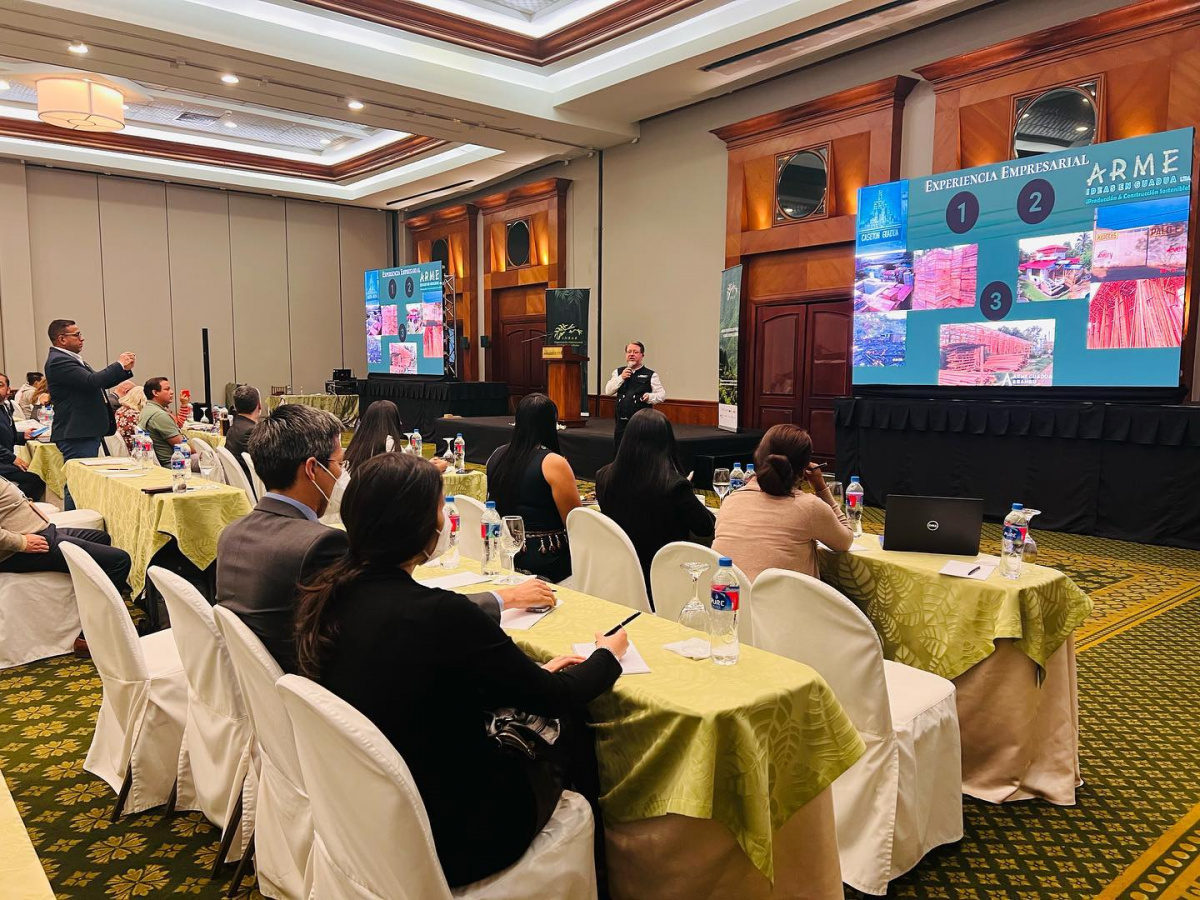New book: "Advanced Introduction to Community-based Conservation"
CEESP News: by Fikret Berkes, University of Manitoba's Natural Resources Institute
The book is a synthesis of community-based conservation theory and practice, written as a textbook for university students and for international conservation practitioners. Berkes argues that biodiversity loss is not primarily a technical issue but a social problem, concluding that conservation must be democratized in order to broaden its support base and build more inclusive constituencies.

Photo: Fikret Berkes
Canada, as elsewhere, has a rapidly increasing number of Indigenous protected areas (PAs). The photo shows a meeting in Wemindji, subarctic Quebec, to determine the boundaries of a locally planned PA. In attendance are members of the Cree Nation of Wemindji, university researchers (technical support and capacity-building), and government observers (Photo: F. Berkes).
Is community-based conservation a crucial pathway for the post-2020 global biodiversity framework? Professor Berkes provides a unique introduction to the social and interdisciplinary dimensions of biodiversity conservation. Examining a range of approaches, new ideas, controversies and debates, he makes the case that biodiversity loss is a social issue that operates in an economic, political and cultural context.
Berkes argues that effective conservation could only occur through the cooperation of Indigenous peoples and local communities (IPLCs) living within and around protected areas, AND elsewhere. Adaptive conservation practice is needed at the community level, through co-management and co-production of knowledge with the local people, the users of biodiversity.
See the publisher's website, here: https://www.e-elgar.com/shop/usd/catalog/product/view/id/16829/
The central thesis is that community-based conservation is a key strategy to protect global biodiversity. In chapter eight, the synthesis chapter, Berkes argues that this strategy is not only worth supporting, but worth improving through eight ‘big ideas’ or principles:
- All cultures have nature stewardship traditions; we need to build on them
- Nature and culture are interconnected, and so are biodiversity and cultural diversity
- Balancing conservation and use is possible and desirable
- Indigenous peoples have a special role in conservation
- Use of Indigenous and local knowledge is essential
- Rights and incentives are key drivers for conservation
- Institutions and governance in conservation need to be multi-level and participatory
- Diverse, flexible, pluralistic conservation governance regimes help build resilience.
‘Fikret Berkes didn’t invent the concept of community-based conservation, but he has been its most vigorous and high-profile academic advocate and analyst. His towering impact on the social science of conservation makes this masterful volume all the more essential. It is the indispensable guide for all aspects of conservation science in the remainder of the 21st century.’ – David Barton Bray, Florida International University, USA
‘This is a clear and cogent review of a quiet revolution. It is a globally-important book about a specific type of conservation, one that builds from the specificities of communities and ecosystems. It makes clear that biodiversity loss is a social problem, and that participatory approaches can unlock citizen power… It points to optimism, so much is already working in community conservation. Now these social-ecological practices need to be spread to all countries and ecosystems.’ – Jules Pretty, University of Essex, UK



